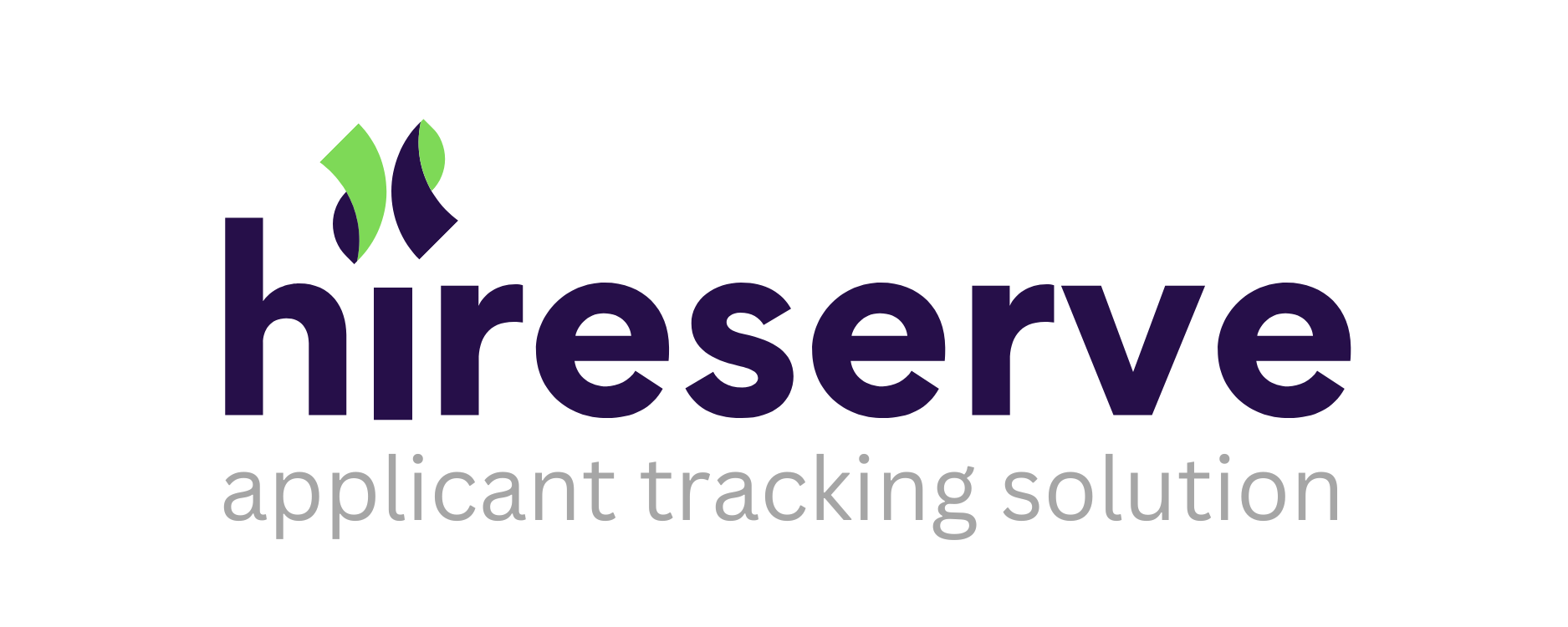What is a Digital Nomad?
Digital nomads are individuals who work a remote job with no fixed location, allowing them to work from different places of their choosing throughout their career. This allows these professionals to experience different cultures and lifestyles while still earning and income without having to put their professional development on hold.
As of 2023, it was estimated there are around 35 million digital nomads worldwide. They work in numerous areas, the most common ones being:
- engineering and technology
- creative services (eg., photography)
- coaching
- sales
- marketing and PR
- finance and accounting
- consulting
With 35 million talented professionals out there working in such a vast array of areas, you may decide you want to include them in your talent pool. But there are pros and cons to hiring digital nomads, so we’ve listed to top pros and cons below so your TA team can decide if they’re the right fit for you.
Hiring Digital Nomads: The Pros
Cost Saving
Since most digital nomads work while traveling, they do not require a designated workplace, and that allows your organisation to save significantly on office space and related expenses. Additionally, digital nomads may not have long-term, permanent addresses if they are moving from location to location. Therefore, though you will likely need to invest in good work technology, there may not even be a need to cover the costs of home office equipment, like a chair and desk, as these won’t be transportable.
Strengthen Your Talent Pool
By opening job applications to digital nomads, your organisation will have access to a wider variety of talent, particularly because digital nomads have tread a less traditional path in life, giving them experiences – both professional and personal – that many other candidates will likely lack. For example, if you work with international teams or multi-cultural customers then digital nomads are likely to find their background will provide them with highly relevant insight and knowledge.
Flexible Hours
Digital nomads often work from different time zones, and that can be a huge plus for certain types of companies and their clients. Situations where flexible hours would come in useful might include needing someone to serve customers from different time zones or someone always being available to help deal with any emergencies. This means instead of having to wait until morning to address an emergency which took place over the weekend or on an evening, a digital nomad may be working different hours than the majority of your other staff, preventing customers from noticing or suffering with the emergency for too long.
Enriches Culture
HR teams are constantly seeking to improve culture to boost retainment and increase productivity. Some of this burden falls on recruitment teams to bring in hires that will be positive additions to company and team dynamics. Digital nomads will have a notable strength in this area, as they have experienced immersion in a variety of cultures, they will have the skills to work well with international colleagues or clients and may even speak multiple languages.
You might be interested to read about Interview Questions For a Cultural Fit and Cultural Add.
Hiring Digital Nomads: The Cons
Internet Connection Issues
While some digital nomads may choose to travel around the cities of the world, others prefer rural locations, which inevitably come with poor internet connections. While these regions can be some of the most beautiful and exciting to explore, working remotely can be a challenge.
Time Zones
We’ve covered how the time difference can be a benefit, but it can also turn into a challenge for hiring digital nomads. While it can be great to have someone on hand to cover for emergencies outside of your usual office hours, it can make team synchronisation and collaboration difficult. Cross over hours will be needed for managers to stay in regular contact with their digital nomad team members, which may not be possible from every location. Additionally, even if there are cross over hours when the whole team can work together, issues may arise when it comes to meeting deadlines and ensuring cohesive communication.
Security Risks
Digital nomads sometimes have to work from public spaces, such as co-working areas or cafes, which means they have to use public WIFI. This is clearly a cybersecurity risk which most organisations prefer to avoid. Additionally, device theft risk may be increased if they are often staying in hotels, short-term rentals, or other similar travel friendly accommodation. Therefore, if your organisation does choose to hire digital nomads, conversations will need to be had in the interview stages about what can be done to mitigate these risks.
Are Digital Nomads right for your organisation?
Digital nomads are more common than many may assume, and often possess experiences and mindsets which can be a valuable asset to organisations who are looking to grow and innovate their culture and work in particular ways. However, they are not a right fit for everyone. If you are considering hiring digital nomads, recruitment, leadership, and HR must have clear outlines of what they will require from these remote workers, any limits that should be discussed in job ads or interviews, as well as what risks are acceptable or vice versa.
You might be interested to read about Speculative Applications: A Guide For In-House Recruiters


